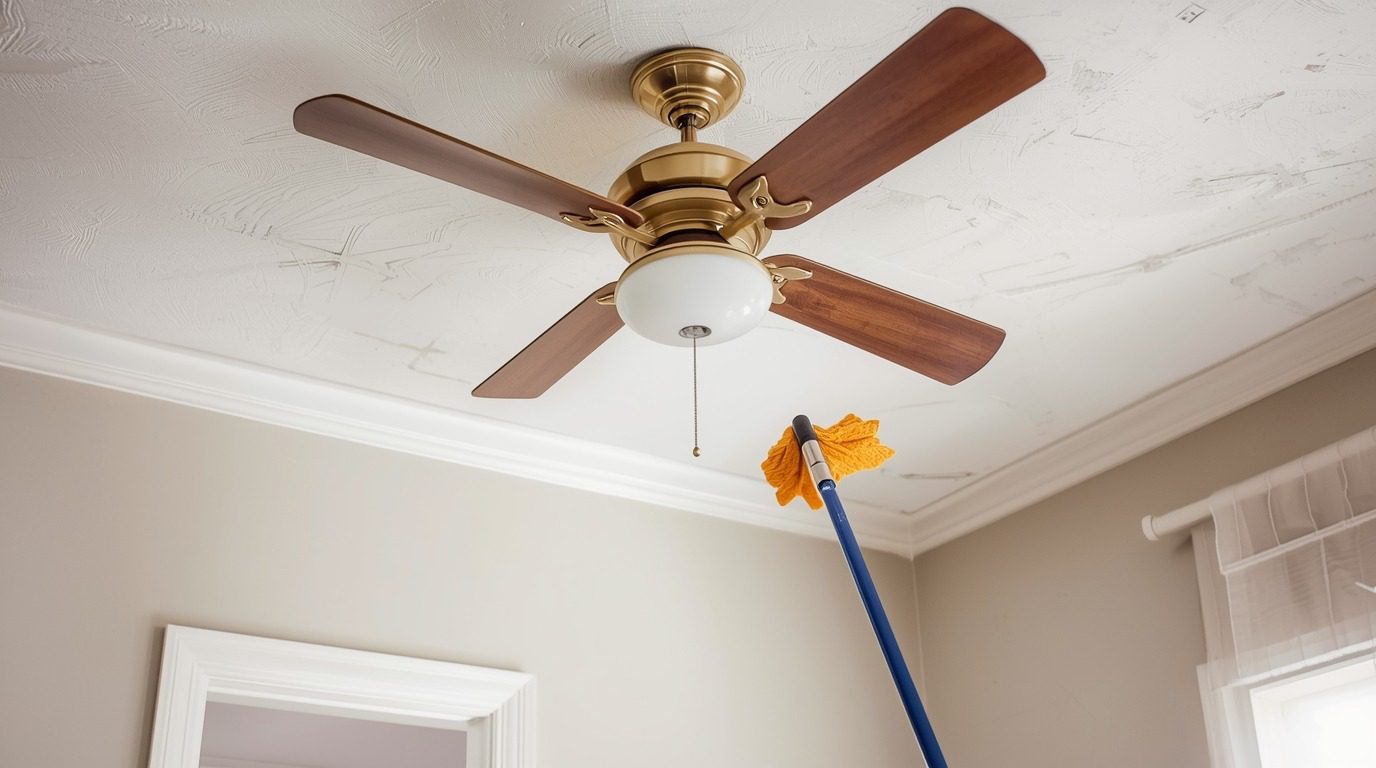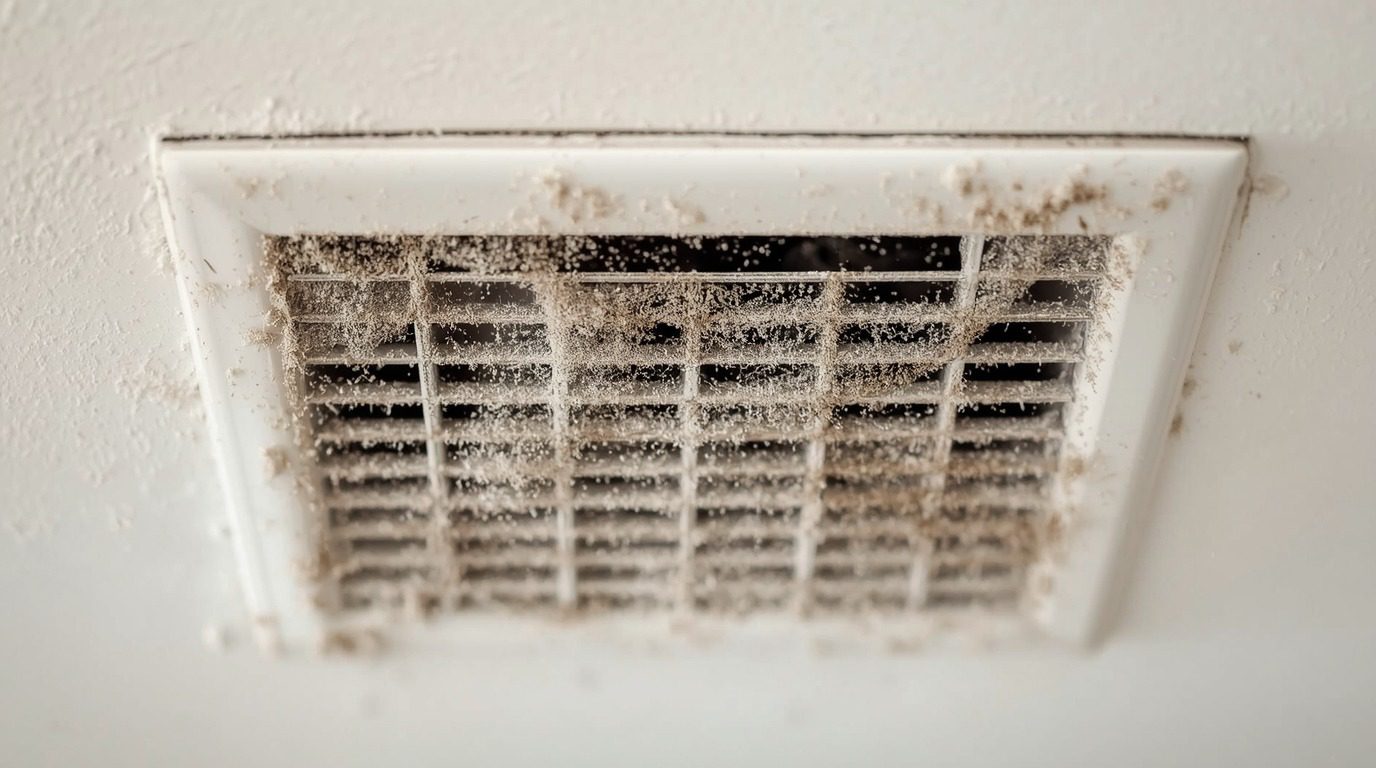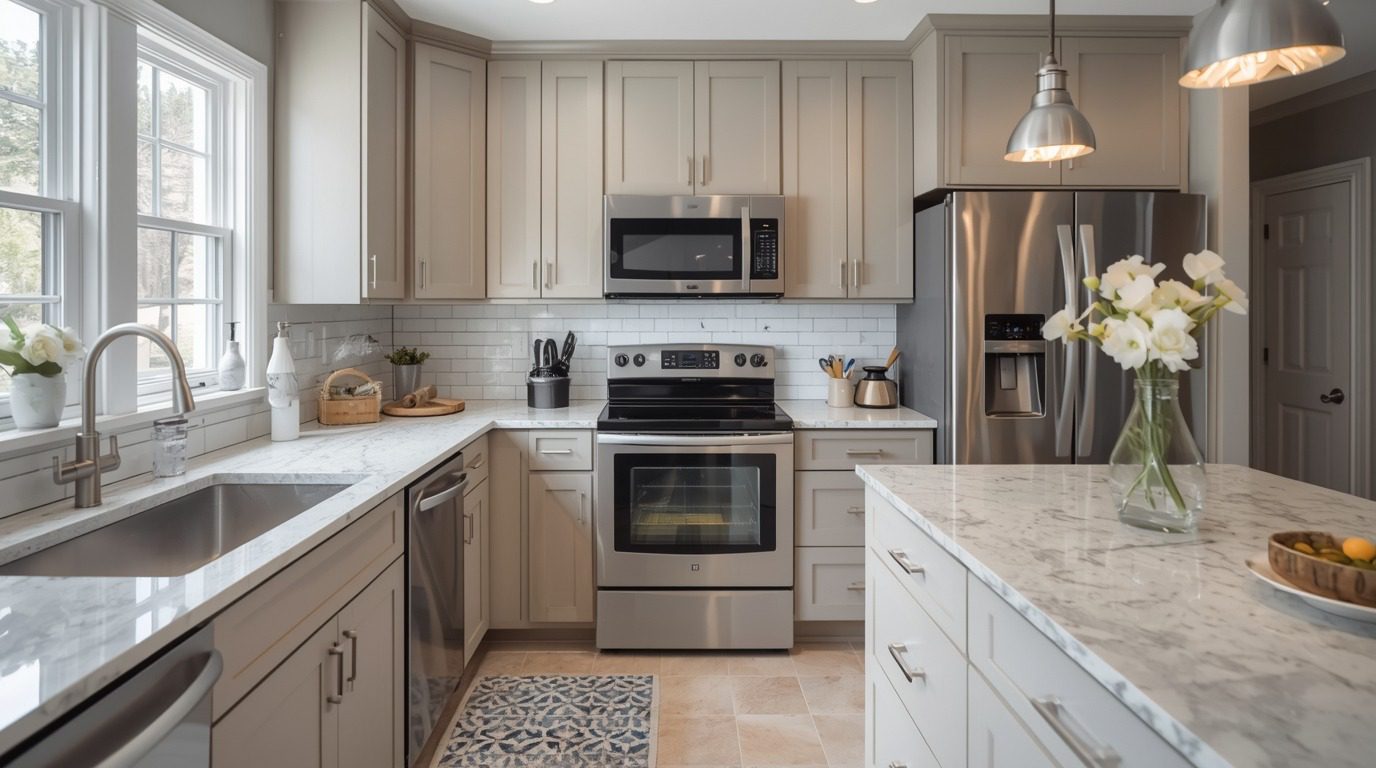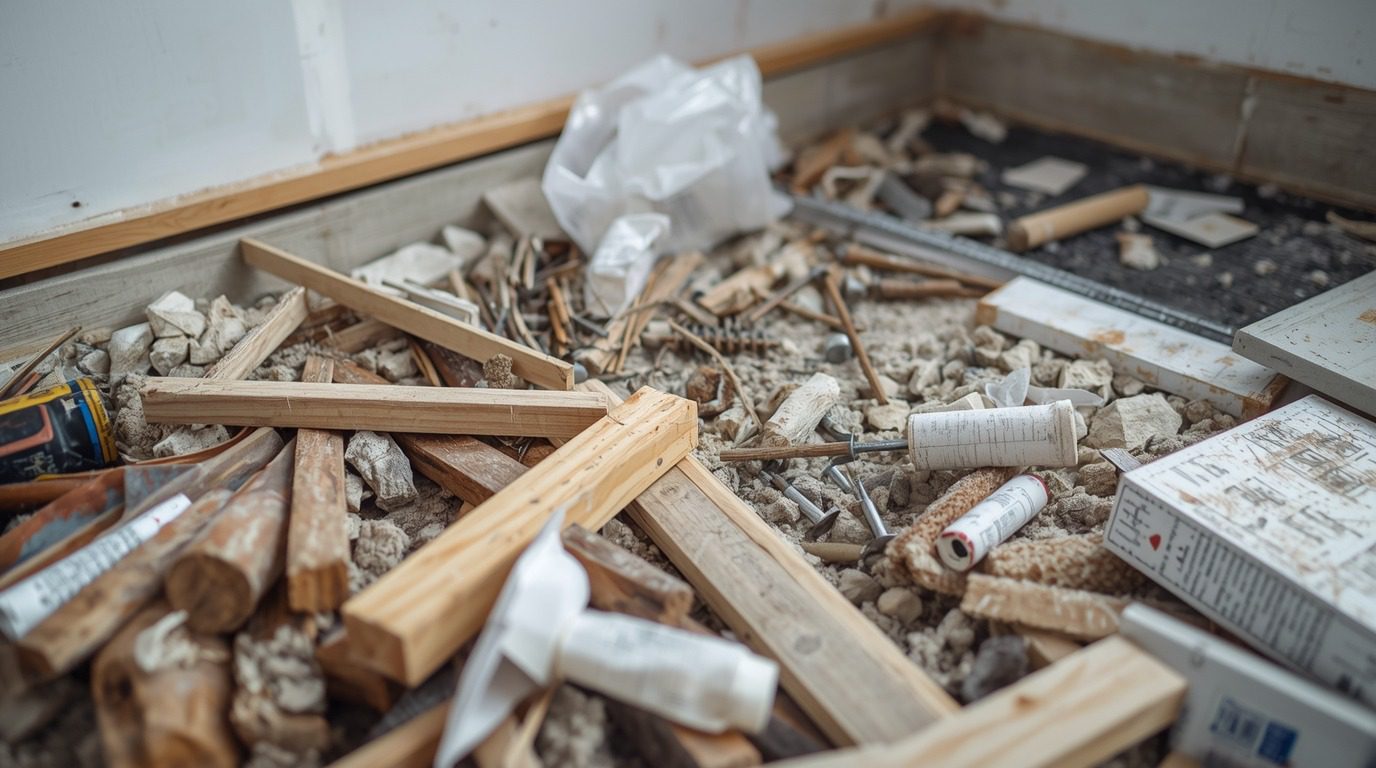Fresh paint, shiny fixtures, and new finishes bring excitement after a renovation, but the hidden aftermath tells another story. Dust clings to every corner, scraps lurk under cabinets, and the air carries traces of chemicals you’d rather not breathe. Moving into a space that still wears its construction mess takes away from the thrill of a new beginning.
Pre-move-in cleaning is the reset button. It transforms chaos into comfort, clearing away the last reminders of power tools and paint cans. With the right plan, your Denver home shifts from construction site to a place ready for laughter, meals, and memories.
Call it the quiet victory lap of renovation: one last clean that replaces dust clouds with fresh air and turns a project into a place to live.

6 Essential Cleaning Steps Before Moving Into a Renovated Home

1. Wipe Down Walls, Ceilings, and Baseboards
Renovation dust doesn’t just sit politely on the floor. It drifts upward, sticks to paint that dried yesterday, and hides in the grooves of baseboards. That’s why walls and ceilings deserve as much attention as countertops. A microfiber mop lightly dampened with water or a safe cleaner works best. It lifts the dust instead of sending it back into the air.

Don’t forget the spots that quietly trap the most debris. Crown molding often holds a fine gray line that only shows once the light hits. Baseboards may look clean until you run a cloth across and reveal a surprising streak of white powder.
Even ceiling fans become dust collectors. For blades you can reach, a sock over your hand makes cleanup quick. Taller fixtures call for a careful step ladder and a steady wipe.
2. Clean HVAC Vents and Replace Filters

Dust left from renovations often settles inside vents and ductwork, then circulates again once the system runs. Removing vent covers, washing them with warm soapy water, and drying them fully before putting them back helps clear much of it.
Replacing filters is just as important. HEPA-grade options capture fine particles and improve indoor air quality, and maid service in Denver also recommends tackling vents and filters before wiping down floors. This way, clean airflow keeps dust from landing on freshly cleaned surfaces.
3. Sanitize Kitchens and Bathrooms Thoroughly

Flip on the lights after a renovation and the hidden mess suddenly shows itself: dust in drawer corners, streaks on shiny faucets, and fine grit sitting in grout lines. Kitchens and bathrooms feel clean only after every surface gets proper attention. Begin with sinks, counters, and faucets, wiping them down with a disinfectant so the areas you touch most are ready for daily use.
Appliances come next. Refrigerator drawers washed in warm vinegar water feel truly fresh, while ovens and microwaves scrubbed before first use save you from dealing with baked-on grease or old splatters. Even the garbage disposal needs care. Baking soda and dish soap polish the sink, vinegar with hot water clears the drain, and a quick spin of citrus peels with ice cubes keeps odors from returning.
Bathrooms benefit from the same reset. Spray shower walls, scrub grout where fine dust settles, and disinfect toilets to leave the space move-in ready.
4. Remove Construction Debris and Leftover Materials

The excitement of a remodel can fade quickly if you step on a stray nail or find a half-empty paint can sitting in the corner. Before arranging furniture, scan every room for leftover scraps that workers may have missed. Small items like screws or nails can hide in carpet fibers or along baseboards, while larger pieces of wood or tile often sit tucked away in closets or garages.
Hazardous materials need extra care. Old paint thinner, adhesives, or solvents should never be tossed in regular trash bins. Many local disposal centers in Denver accept these items safely, and some cities even offer collection days for household chemicals.
For everything else, heavy-duty trash bags work well for smaller debris, while bulk pickup services make quick work of larger piles. Clearing out the clutter early saves you from accidents and leaves a blank slate for arranging your new space.
5. Finish With Windows, Fixtures, and Final Touches

Windows reveal more about a home than people realize. A streak on the glass or a thin film of dust can make even a clean room feel dull. Once the panes are washed inside and out, the difference is immediate. The light feels crisper, and the space looks more open.
Details scattered throughout the house deserve the same care. Smudges on light switches and marks on fixtures are easy to miss but noticeable once you settle in. A quick wipe restores their shine and keeps the room looking fresh.
Hardware adds the finishing touch. Shiny faucets, polished handles, and spotless knobs catch the eye and give every room a sense of care. These small details pull the entire space together, making the home feel ready to welcome its new chapter.
6. Vacuum and Mop Floors With HEPA Protection

Even after tackling walls and fixtures, fine particles drift down and settle deep into carpets, rugs, and cracks between tiles. Starting with a vacuum fitted with a HEPA filter helps lift out allergens that ordinary machines leave behind, especially in high-traffic spots near doors and hallways.
Different surfaces call for different care. Hardwood does best with a gentle cleaner that preserves its finish, while tile responds well to a disinfectant that clears away both dust and germs. Carpets may need a shampooer to pull out what a vacuum cannot reach, leaving fibers soft and fresh.
Once hard floors are mopped with a non-toxic solution, the house feels noticeably cleaner underfoot.
Conclusion
Renovations may leave behind fresh paint and shiny fixtures, but they also scatter dust like confetti at a party no one asked for. Clearing it away is what truly sets the stage for move-in day. Once the walls are wiped, the vents breathe clean air, and the floors no longer crunch underfoot, the house stops looking “newly finished” and starts feeling like home.
Cleaning is not the afterthought of a remodel; it is the encore. Done well, it turns a construction zone into a place where you can kick off your shoes, drop the boxes, and finally exhale.

